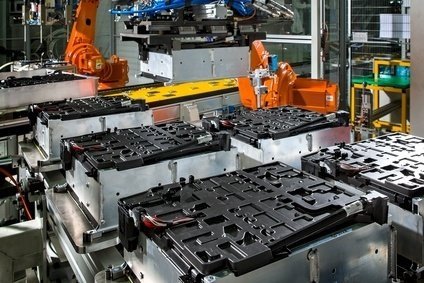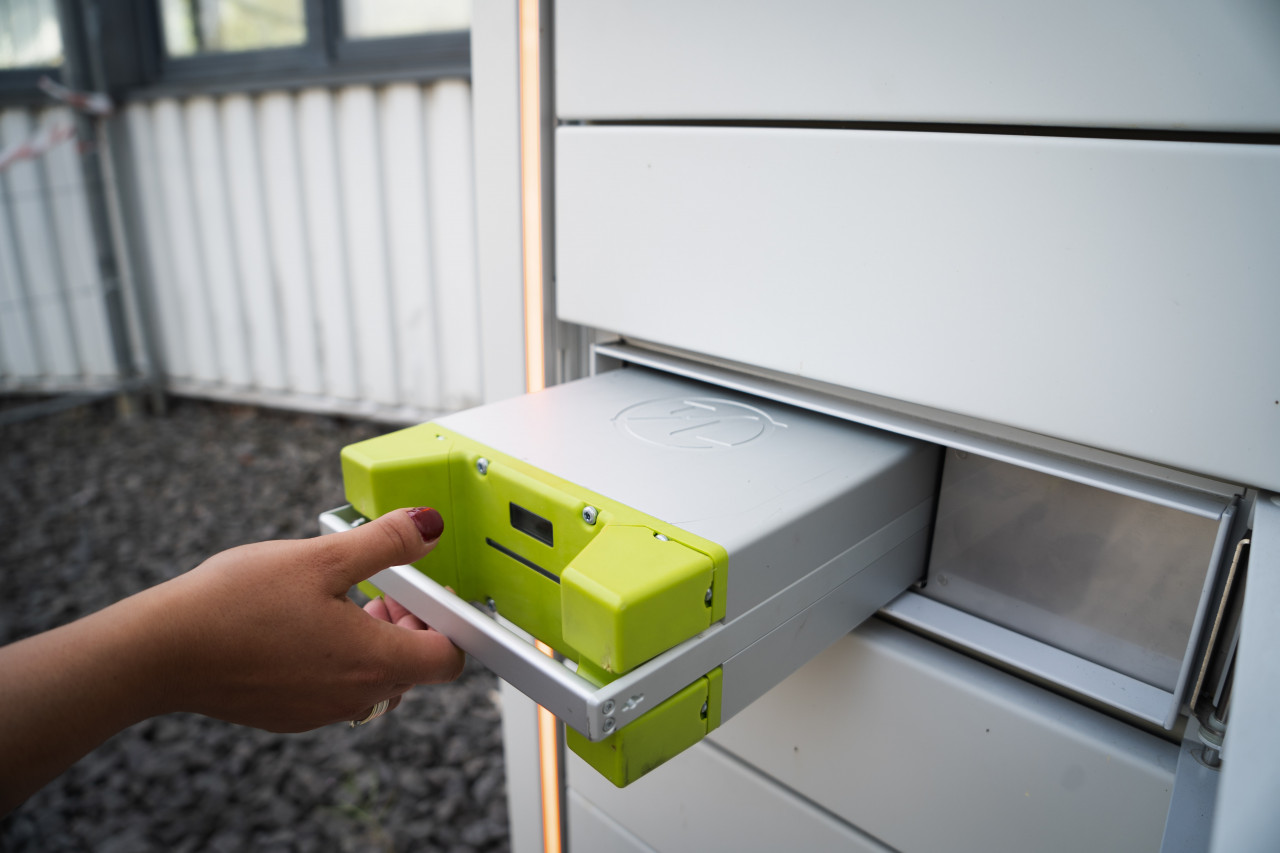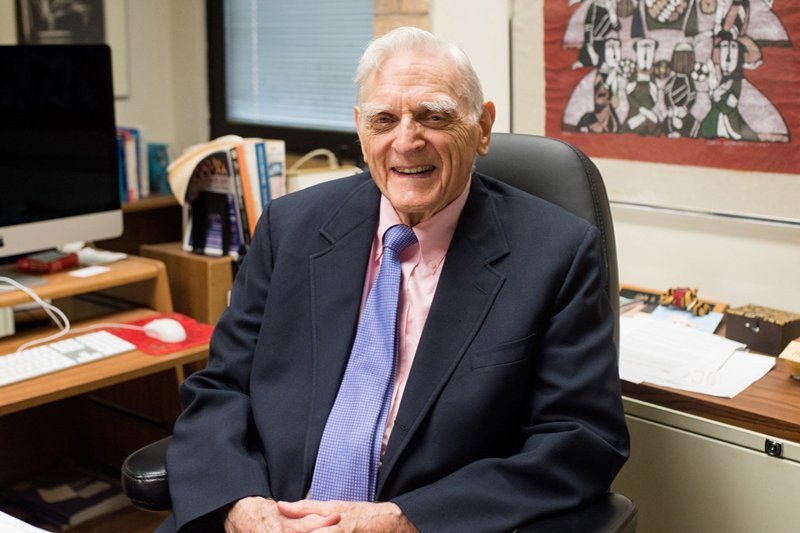Fortum obtains Nordic export grants for recycling of li-ion batteries in Finland
Fortum has announced that it has taken an important step in its ambitious bid to become Europe's top recycler of electric vehicle (EV) batteries. With the use of EVs set to soar, Fortum has led the way by being granted special transport permits that allow Sweden and Norway to export lithium-ion batteries to Finland for recycling.
Fortum provides 'end-of-life' service for lithium-ion batteries that are worn out or damaged. Lithium-ion batteries that have reached the end of their life are classified as hazardous waste and require special expertise in handling, as they can pose a high risk for people and the environment if not treated properly. As a hazardous waste expert, Fortum can provide companies with safe services for transporting, handling, storing, and recycling lithium-ion batteries; in compliance with statutory safety requirements.
The export of lithium batteries from Norway and Sweden will start later this month. The batteries will be transported to Finland, where they will be dismantled and their contents recovered for reuse in Fortum's own processes. This will allow Fortum to bridge the raw materials gap faced by the automotive industry as the electrification of transportation gathers pace.
The recycling will take place at Fortum's mechanical and hydrometallurgical recycling facilities in Finland, which will enable the easy, cost-efficient, as well as safe, and sustainable recovery of rare and precious metals that are essential in the manufacture of new EV batteries. Sustainability is also highlighted in the low CO2 technology that the company uses. Fortum currently has the capacity to recycle approximately 3,000 tonnes of used batteries a year in its mechanical process, equating to around 10,000 EV batteries. The company aims to ramp up its battery recycling operations and to increase the recycling capacity significantly in the coming years.
"The new Nordic transport permits are key to unlocking Fortum's aim in becoming Europe's top recycler for EV batteries," says Tero Holländer, Fortum's Head of Business Line, Batteries.
"Lithium-ion batteries are considered hazardous when reaching their end of life. The regulation related to the transport of hazardous wastes between countries must be respected and also monitored in the same way in all countries. A transparent value chain also builds the needed trust for the whole battery industry."
"As the electrification of transport expands and consumers increasingly use electric cars, Fortum's importance as a major recycling hub for EV batteries in Europe – and far beyond – will continue to grow," Holländer says.
"We will also be able to significantly reduce the environmental impact of e-mobility, enabling EV manufacturers to ramp up production using sustainably produced recycled raw materials and appeal to sustainability-conscious consumers."
The combination of mechanical and hydrometallurgical recycling technologies makes it possible to recycle 80 percent of a battery's materials. By using Fortum's cutting-edge hydrometallurgical process, the company can recover up to 95 percent of the scarce metals in a battery's black mass. Fortum is also piloting several 'second-life solutions, such as the reuse of batteries for energy storage in power plants.






















